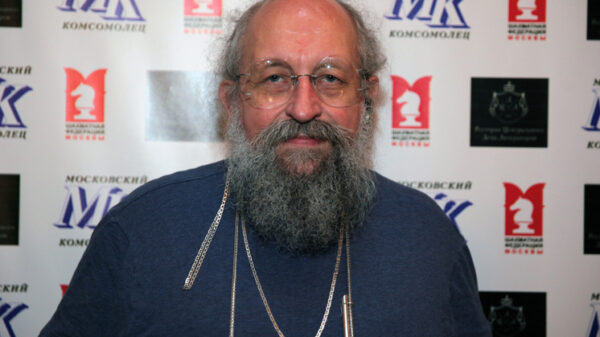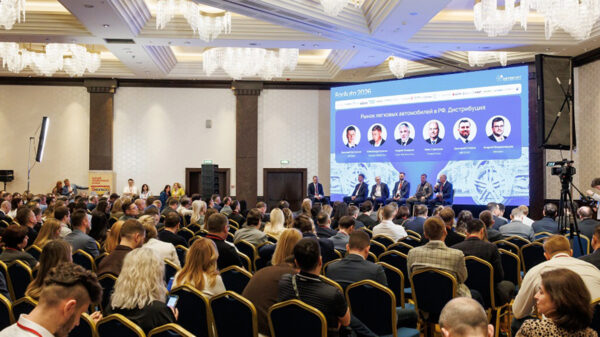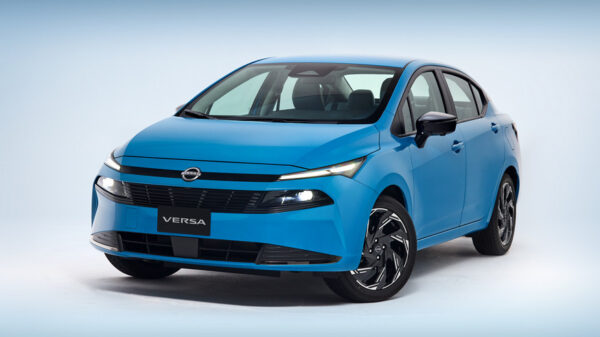California’s governor on Monday launched a political committee to raise money to defend his seat in a potential recall election, the strongest acknowledgment to date that he expects to be on the ballot this year.
“I won’t be distracted by this partisan, Republican recall – but I will fight it,” Gavin Newsom said in a tweet. “There is too much at stake,” he added.
Organizers of the recall face a deadline on Wednesday to submit the 1.5m petition signatures necessary to place the election on the ballot. They say they have collected over 2m signatures far, though hundreds of thousands must still be validated by election officials.
But Newsom’s new fundraising arm could soon send a powerful message to his possible rivals: under state rules, the governor alone is allowed to raise money in unlimited amounts, while other candidates must adhere to contribution limits.
It’s likely Newsom will soon receive a flood of cash from his familiar Democratic constituency, including powerful public worker unions that spent millions of dollars helping install him in office in 2018.
Newsom has lined up support from state and national Democrats to defeat the campaign against him. The committee started the drive with an advertisement attacking the recall effort as a Republican power grab.
New Jersey Democratic senator Cory Booker said in a statement released by the committee that Newsom’s leadership during the pandemic “kept Californians safe and helped them recover financially”.
Defeating the recall “will be one of the most important priorities for Democrats this year”, Booker said.
Democrats have depicted the recall effort as seeded with extremists. Recall organizers claim 38% of petition signatures have come from independents, Democrats, and people who did not list their political party. That could not be immediately verified.
Newsom for months sidestepped questions about the recall, but has more recently started to ramp up his political operation and strategy. He’s been traveling the state holding events to highlight coronavirus vaccinations, while a string of supporters have started staging online news conferences in an attempt to turn public favor his way.
The governor made his most direct comments to date on the recall last Friday in an interview with San Francisco’s KQED news radio station, depicting the effort as a challenge to his administration’s progressive policies and not a reaction to his leadership during the pandemic that has claimed over 55,000 lives in California.
“It’s about immigration. It’s about our healthcare policies. It’s about our criminal justice reform. It’s about the diversity of the state. It’s about our clean air, clean water programs, meeting our environmental strategies,” he told KQED.
Newsom received high praise for his aggressive approach to the coronavirus last spring, when he issued the nation’s first statewide stay-at-home order. But in more recent months, he has faced growing public anger over health orders that shuttered schools and businesses, the state’s slow vaccine rollout, and a massive unemployment benefits fraud scandal.
He also took a public drubbing for attending a birthday party with friends and lobbyists at the exclusive French Laundry restaurant, while telling residents to stay home for safety.
Two Republicans have announced their candidacies: Kevin Faulconer, the former Republican mayor of San Diego, and Republican businessman John Cox, who was defeated by Newsom in 2018.
Another name being discussed in GOP circles is Donald Trump’s then acting director of national intelligence, Richard Grenell, who has not responded to requests for comment on a possible candidacy.
California is one of 19 states that allow voters to remove elected officials before their terms expire. Calling a recall election is fairly easy. The only requirement is to collect a number of signatures equal to 12% of the voters in the last election for the office. Recall petitions have been launched against every California governor in the last 61 years – though they are almost never successful.

























































Свежие комментарии